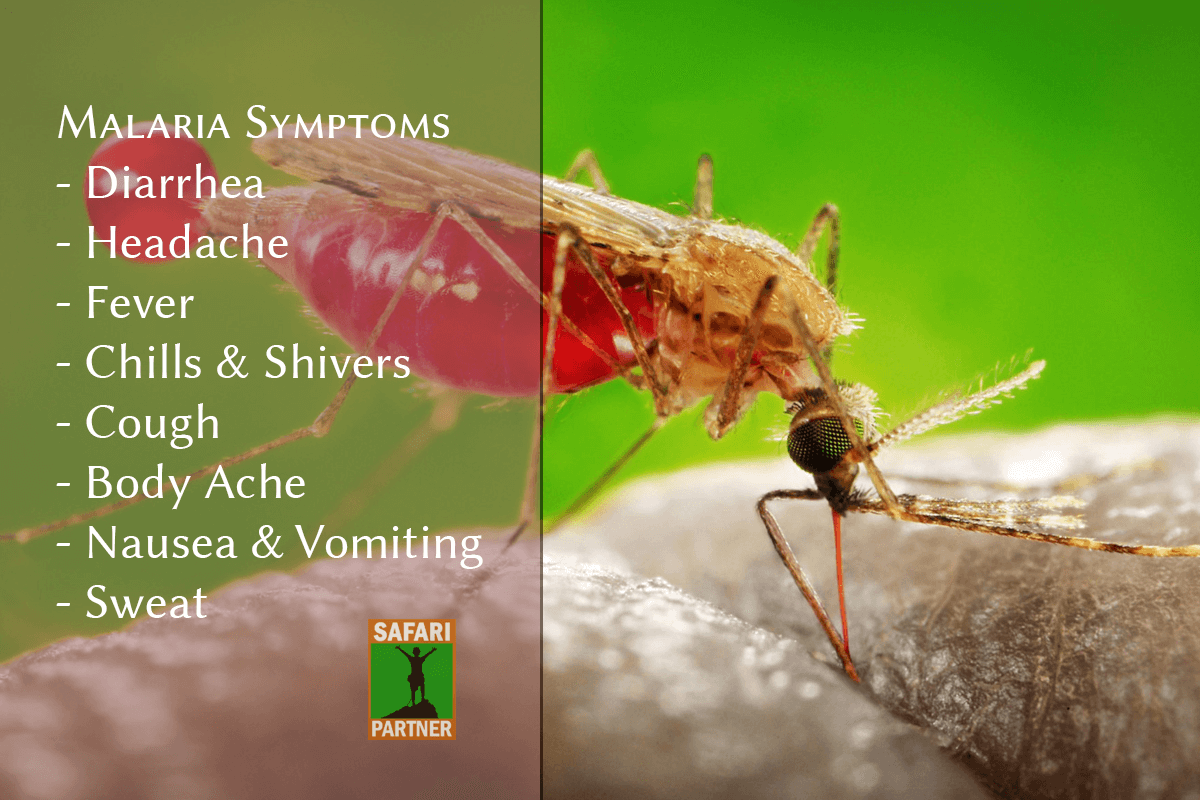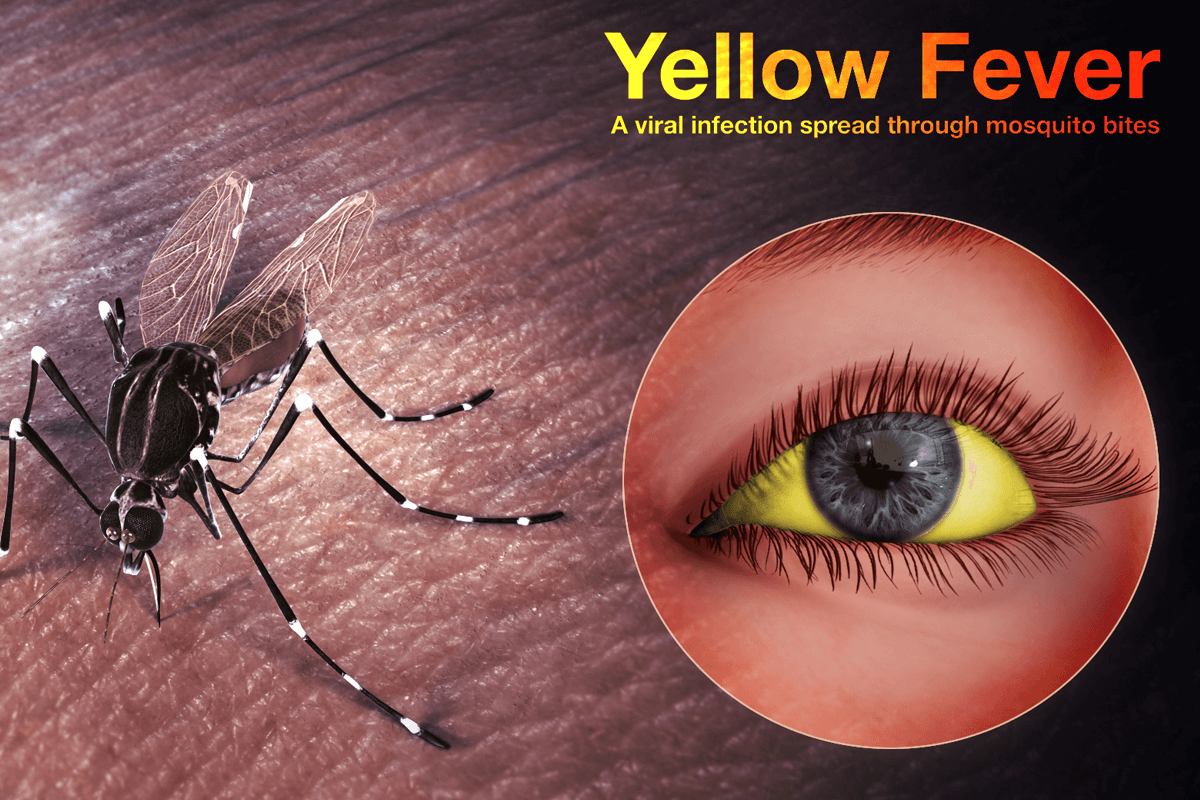The essence of travelling to new places is to have a good time seeing, learning, and doing different things. Falling sick on a holiday can really dampen the mood for you and the people you travelled with.
After what we have all gone through with the COVID-19 pandemic, the value of good health is even more pronounced.
In this article, we are going to look at how you can stay healthy while you are on a Safari in Africa. We'll look at some diseases which you can very easily avoid, to keep healthy and enjoy every minute of your African safari journey.
The advice stated below is preventive and we strongly recommend a consultation with your doctor such that your specific needs are addressed. Our general thought process is that "Prevention is better than cure".
Staying Healthy On An African Safari
1. COVID-19 & Other Kinds of Flu
While the coronavirus is quite understood and under some control, it still lingers and anyone can get it. Whether it is COVID or the common flu, you don't want to catch it and using some knowledge learned from dealing with COVID, you will avoid catching the disease.
Our suggestion here is to borrow from the strategies for preventing coronavirus because this will also work for other communicable diseases. We think prevention is better than cure, here is what you can do.
- Wear your mask - especially in big social situations
- Sanitize your hands - especially after touching common surfaces. If you can, it's better to avoid touching most surfaces - eventually, you develop the habit.
- Keep some social distance - especially in social situations where such airborne diseases easily spread. It might not be 6 feet, but be observant, and 2 feet doesn't make socializing bad.
The good news is that you have ever done these for a while, and you can definitely do it again for that peace of mind.
These are far from the only things you can do, but the big picture here is awareness and intuitive judgement to avoid falling sick - especially when you are supposed to be having a great African safari experience of taking in every single moment.
2. Allergies
There are so many allergies, especially to food. Depending on your specific allergies, you might need to take different precautions.
Since we are not medical professionals, we advise you to do the following;
- Consult with your doctor about your travel plans about your allergies
- Talk to your tour consultant about your allergies and relevant restrictions
After talking to your doctor and consulting with your safari planner, you will be able to better plan your safari schedule, your packing, activities, meals, emergencies and much more. This can seem more complicated than it is, so talk to the doctor and with that information, your safari planner will set everything up correctly.
At the end of the day, your trip should be well organized to suit your needs at every stage, so that you can only focus on enjoying the moment - the NOW.
3. Malaria

Malaria is among the biggest killers in Africa, especially in the Subsaharan region. Since mosquitoes can survive in any relatively warm place with stagnant water, Malaria is a very easy disease to catch - but equally very avoidable.
Here are some things you can do to avoid mosquito bites.
- Wear long pants and shirts especially if you are staying outside in the evening.
- Sleep under the mosquito net. Lodges always have these and you needn't carry one.
- Consult your doctor about taking some anti-malarial drugs.
The main idea is to avoid mosquito bites since malaria is spread by mosquitoes. While the mosquitoes and bugs in the national parks might not exactly have malaria, it is best to avoid all such bites because some can actually hurt a little.
4. Yellow Fever

Yellow fever is one of the diseases for which there is no cure/treatment and can easily spread. This is why most African countries require visitors to present a yellow fever vaccination certificate before being allowed entry.
The good thing is you only need to get vaccinated once and it will last you a lifetime.
Yellow fever can easily spread through mosquitoes, but the good news is that most countries haven't had a single case in years and you are unlikely to catch it. Yet again, prevention is the policy and we advise you to get that vaccine - if you haven't already.
Related article: Vaccinations for going on an African Safari
5. Upset Stomach
An upset stomach could be a simple growling or it could be a serious running stomach. Having an upset stomach will upset your whole day.
Here are some ways you can try to keep your stomach peaceful,
- Be careful about street food
- Don't drink tap water as it is mostly not suitable
- Wash your hands before eating
This is going to be tricky for you because things like street food are a big way of experiencing a new place. If your tummy easily gets fragile, we advise sticking to packed snacks and meals from the hotel/lodge. Better to be healthy and happy.
6. Sunburn
Getting sunburned can ruin your holiday, wherever you are. The African sun gets hot and missing your sunscreen will make the entire holiday uncomfortable.
This is of course easy to solve, pack your sunscreen or buy one. If you have a preference for a given brand that might be hard to find, it is advised to carry it. Because of the scorching sun, a higher SPF is advised.
Final Thoughts
While there are so many things that can affect your health on a safari, we feel like these 6 are very common and equally manageable as far as prevention. Depending on where exactly you are going, some more measures might need to be undertaken, while others might not be necessary.
The big goal of this article is to highlight the fact that your health is always important and even more so while on a safari - because lasting memories should be made without any blemishes of ill health, allergies or sunburn.
Finally, we have to state once more that you should consult your doctor such that your decisions are professionally informed.
